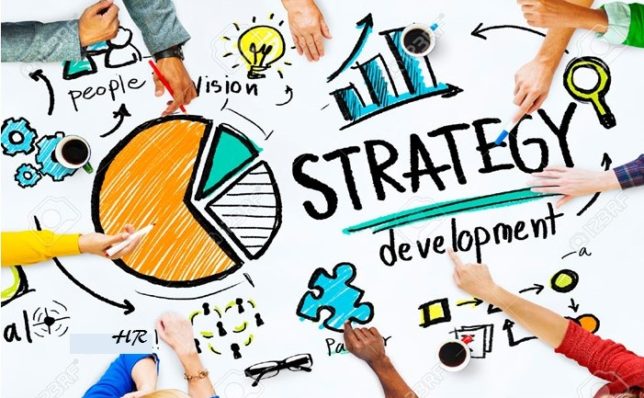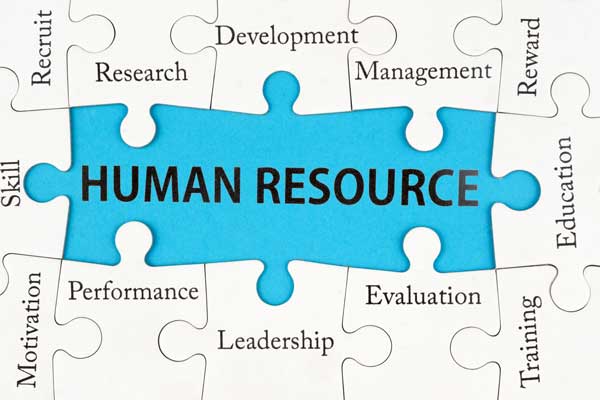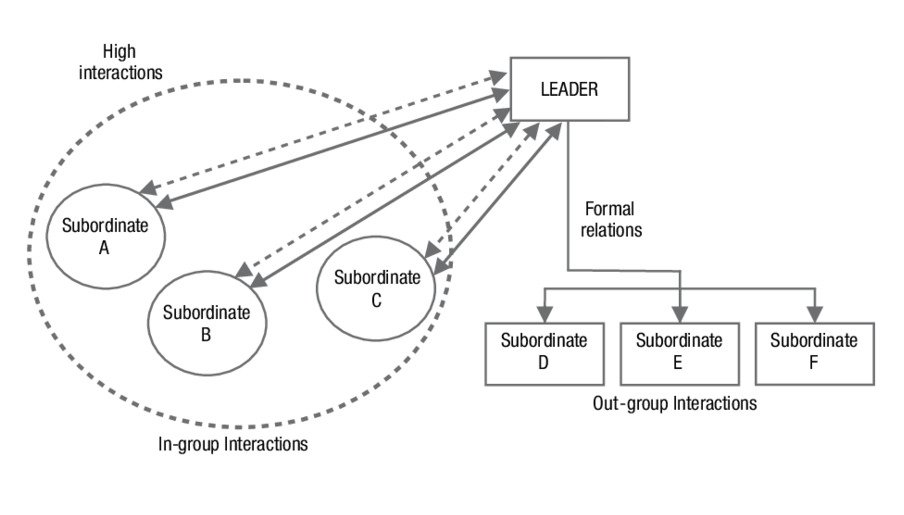Management requires that all organizations and businesses get the available resources together to enable them to accomplish their goals, objectives, and aims effectively and efficiently. This means that there must be the act of planning, staffing, controlling, and directing the organization’s manpower for the realization of these purposes as set by the organization. The act of developing human resources is cited as an opportunity through which the employees can develop their own personal skills and other organizational skills needed for the successful operation of the business. Strategic Human Resource Development (SHRD) is the linkage between the strategic goals and objects with the resources available in the organization. This is the trend that most companies are adopting in the recent past. Human resource development has become a strategic application of policies and practices that will ensure a company reaches the peak of its performance by utilizing what it has, for itsContinue reading
Human Resource Strategies
The Importance of Human Resources Management in Organizations
The functioning of modern organizations is highly dependent on the effectiveness of human resource management, which affects consistently organizational development. In actuality, human resources comprise important assets of any organization. In such a situation, many organizations are concerned with the improvement of the performance of human resources through motivating employees and developing effective approaches to human resource management. Traditionally, human resource management played an important role in the effective functioning of an organization. At the same time, the present epoch is characterized by the development of numerous human resource challenges which were practically unknown in the past. In such a situation it is extremely important to clearly identify the problem or problems and their major causes in order to be able to cope with the HR challenges and maintain the normal functioning of organizations. In this respect, it should be said that the wide implementation of new technologies is oneContinue reading
Working Across Boundaries
During the last decade, the concept of working across boundaries has become a popular concept. The basic premise is that individuals and organizations need to traverse boundaries if they are to achieve their goals. Essentially earlier concepts of fixed organizational demarcation lines no longer apply in modern-day business concepts. Within the organizational framework, the concept of boundaries can become a reasonably complex issue. There still remains an active debate as to whether the definitions of boundaries are realistic, objective, or imagined. The concept has become more complex with the use of outsourcing and Public/Private partnerships in terms of lines of demarcation and authority. The concept of boundaries within organizations takes on different shapes and forms. Much of this has to do with social and knowledge boundaries. The explosion in technological and communication advances has simplified the concept of working across boundaries. Despite the fact that organizations still are challenged toContinue reading
Employee Participation and Organization Performance
In the first instance is necessary to define both employee participation as well as what is meant by performance. Employee participation may be defined as the process by which employees are involved in the decision making process of a business rather than merely being expect to following instructions and as such this forms what is referred to in HR as empowerment. Performance on the other hand can be considered from two perspectives, firstly there is the performance of the individual in question and how their personal performance is affected by the concept of employee participation. Secondly there is the performance of the organization as a whole to consider and how this will change with varying degrees of employee participation. Approaches to Employee Participation Traditional views of the organization and approaches to management have seen a clear distinction between the tasks of managers and those of the grass roots level employee.Continue reading
Psychological Contract – Meaning and Importance
The psychological contract is certainly an important aspect of the employment relationship as it invisibly binds the employer and the employee through a set of expectations. For the individual in an organisation, the psychological contract is mostly relevant as it directly affects the level of motivation, commitment and morale of that person. Moreover, a positive psychological contract helps to boost the productivity and performance of an employee. Thus, to gain the commitment and loyalty of individual employees, it becomes essential that organisations put in place appropriate systems to foster the identification of employee expectations and ways to fulfill them. However, expectations are not easily identified, both on the employers and employees side. These often give rise to breaches on behalf of either one or both parties. The maintaining of a positive psychological contract with all members of an organisation thus becomes a primary focus of the HR practitioner and HRContinue reading
Leader-Member Exchange Theory (LMX)
Several leadership theories including trait, behavioral, and contingency theories assume that the leader-member relations are consistent, with the leaders interacting with all subordinates homogeneously. But, Leader-Member Exchange Theory (LMX) asserts that leader-member relations are heterogeneous as leaders cannot distribute their limited resources and time to all the subordinates equally. Hence the leader develops unique dyadic relations with each member over a series of exchanges i.e. Vertical Dyadic Linkage Approach (VDL). Leader-Member Exchange Theory (LMX), also called the Vertical Dyad Linkage Theory developed by Graen and his colleagues suggests that leaders cultivate qualitatively different types of relations with different employees. The theory dictates that effective leadership processes takes place when leaders and followers develop mature partnerships and thus gain access to the mutual benefits of this relationship. Leader-Member Exchange Theory (LMX) suggests that the leader develops different types of exchange relationships with the subordinates. This phenomenon is called ‘LMX differentiation’. LMXContinue reading





